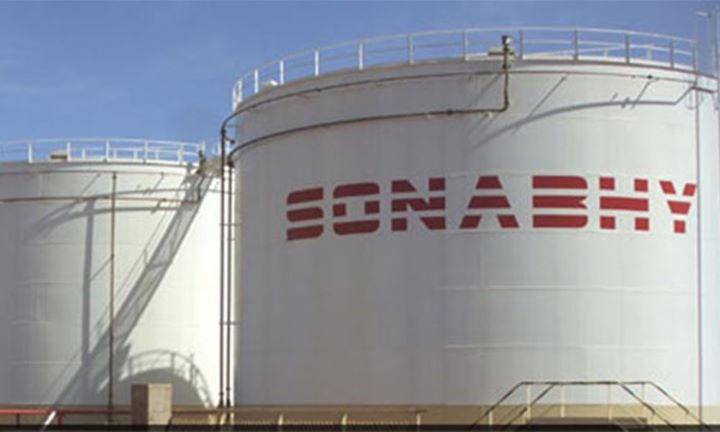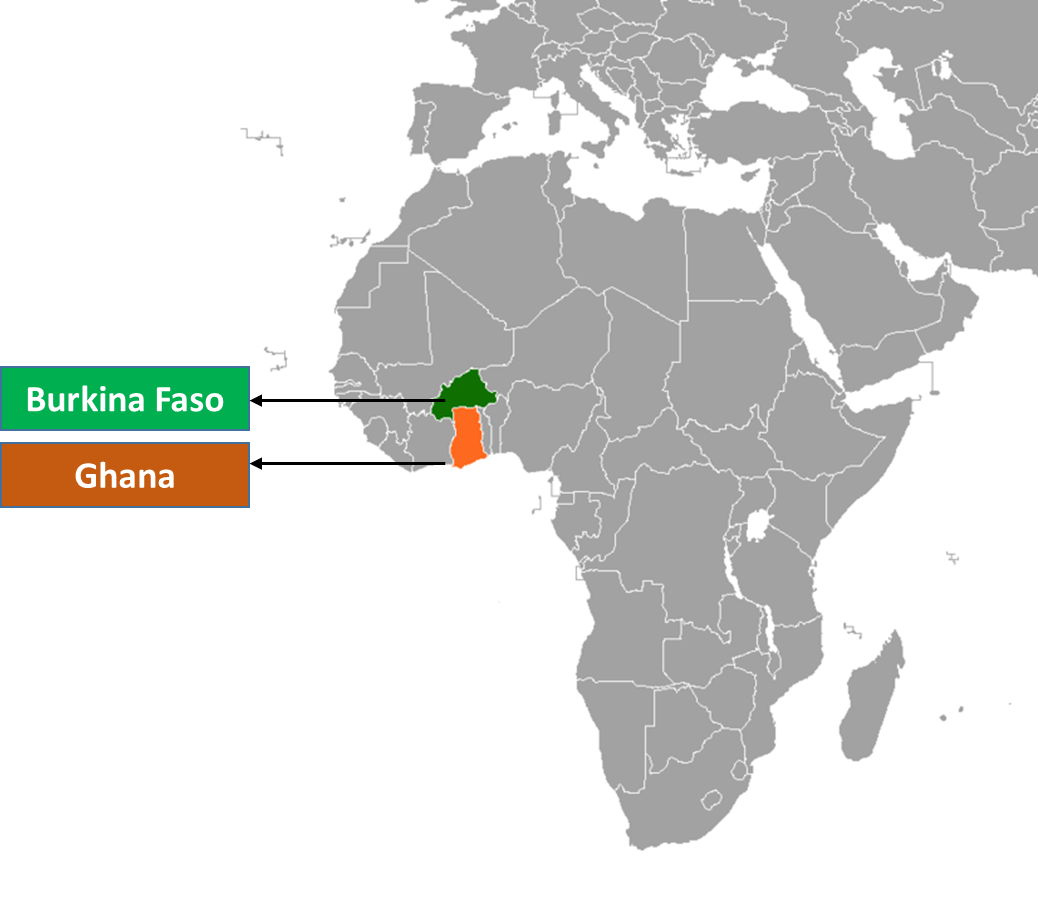Burkina Faso buys hydrocarbon storage facility at Tema Multipurpose Port for US$70 million
Jean-Michel Kabore Sawadogo
Ouagadougou, Burkina Faso
March 24, 2025
O n Wednesday, March 5th, 2025, Burkina Faso announced the acquisition of the Tema Multi-Purpose Terminal Oil Deposit at Tema Port, Ghana. State-owned ‟Société National Burkinabe Hydrocarbures” (SONABHY) spearheaded the acquisition. Burkina Faso is a landlocked country which must import hydrocarbon products for domestic consumption.
The cabinet of the military junta made the announcement during a cabinet meeting and described the Tema depot as ‟a working and functional infrastructure”. During this meeting, the minister of energy highlighted the advantages of full ownership compared to leased depots that the country used in other country. SONABHY has storage tanks in the ports of Abidjan, Tema, Lomé, and Cotonou.

The acquisition
Burkina Faso bought the facility from Blue Ocean Investment Limited, a bulk distributor of petroleum products in Ghana, which has a market presence in gas-oil, gasoline, aviation fuel, and LPG. This deal is a transaction between a public entity (the SONABHY–the buyer) and a private company (Blue Ocean Investment Limited–the seller). The seller is a subsidiary of Puma Energy, a multinational company with registered headquarters in Geneva (Switzerland) and Singapore. Puma Energy has operations in Africa, Europe, Asia, Latin America, and the Middle East. In Ghana, the company owns 65 petrol stations and five storage facilities at Tema port and at Accra Airport.
The buyer is a state-owned utility company with a monopoly over imports and storage of hydrocarbon products. Burkina has other Hydrocarbon storage facilities in Togo (Port of Lome), Benin (ORYX oil depot in Cotonou) in Benin and also at Tema and Bolgatanga oil depots in Ghana. The SONABHY also uses another depot in Abidjan (Côte d’Ivoire). The Burkinabe authorities said the goal of this acquisition is to reinforce security and reliability over the supplier of hydrocarbon products.
Ghana and Burkina Faso economic relations
Ghana and Burkina Faso have strong socio-economic ties. These include ethnic ties between the people of far northern Ghana and Burkina, divided by artificial borders inherited from colonial rule. In 2001, the two countries signed a bilateral investment treaty. This treaty encourages mutual investment of capital in compliance with national laws and regulations.
Ghana has a large trade surplus in its cross-border exchanges with Burkina Faso. In 2023, Ghana exported US$574 million to Burkina Faso. Ghana’s primary exports to Burkina Faso are petroleum (US$127 million), electricity (US$74.3 million), and plastic housewares (US$37.8 million). Over the past five years, Ghana’s exports to Burkina Faso have increased at 16.7 percent per year, from US$265 million in 2018 to US$574 million in 2023.
During the same year, Burkina Faso exported US$93.8 million worth of goods to Ghana. Burkina Faso exported oil seeds (US$35 million), tropical fruits (US$14.6 million), and grains. Over the past five years, Burkina’s exports to Ghana have increased 2.31 percent every year, from US$83.7 million in 2018 to US$93.8 million in 20231.
Challenges
A lack of interconnected logistics networks hamper trade between Ghana and Burkina Faso. In the absence of a railway line, trade relies on trucks to ferry goods on the 950.7 km between Tema Port and Ouagadougou. In 2013, Ghana and Burkina Faso developed a plan for a standard gauge railway line. This project will cover 680 km on the Ghanaian side (from Tema) and 320 km in Burkina Faso’s territory to reach the capital Ouagadougou. The two countries are looking for investors and funding 2.
Security concerns are emerging as a serious threat to cross-border trade. Burkina Faso ranks number one on the Global Terrorism Index of 20243. The Sahel region accounted for 47 percent of the global total of terrorism deaths in 2023, compared to just one percent in 2007. Over the past 15 years, the number of deaths because of terrorism in the Sahel has increased by 2,860 percent. Security analysts have highlighted spillover risks to coastal countries in West Africa.
According to GCERF4, the key drivers of violent extremism in Burkina Faso are youth unemployment, farmer against herder conflicts and governance-related grievances. Violent extremist groups exploit these tensions and insecurities by communicating narratives of injustice. Ghana shares its longest land border, over 540 km, with Burkina Faso to the north. This porous exposes northern Ghana not only to the spillover effects of terrorism from Burkina Faso. Spillover effects are a threat to cross-border trade between the two countries.

Related Articles
BIBLIOGRAPHY
1❩ https://oec.world/en/profile/bilateral-country/gha/partner/bfa
2❩ https://teamgroup.it/project/railway-interconnection-ghana-burkina-faso/
2❩ Global Terrorism Index (2024): https://www.visionofhumanity.org/maps/global-terrorism-index/#/
2❩ The Global Community Engagement and Resilience Fund (GCERF)
